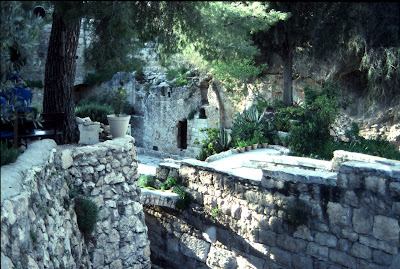Economics and ethics: does everything have a price?
Child labour in poorer nations contributes to the economy and keeps children from prostitution. Price gouging during an emergency reduces hoarding and gives an incentive to distant vendors to supply what is missing, even if this means travelling long distances. Ticket scalping provides a service that adds value, namely, allowing those prepared to pay extra to avoid the time they would have spent waiting in a queue. Making the sale of kidneys legal would save lives by increasing the supply. And if blackmail were legal, then there would be more reason for people to behave; in asking for money to not exercise free speech, the blackmailer is engaging in a form of "private law enforcement" by putting a price on not gossiping.
Each of these arguments needs to be addressed on its merits. Child labour: I agree that simply banning it is insufficient, but any ethical analysis worth its salt is not going to be content with mere legislation. The same argument could well be used against the abolition of slavery: what are the slaves going to do once they are freed? It is worth looking more broadly at what forces have created an economic situation in which the alternative to child labour is child prostitution.
Price gouging doesn't mean prices rising when there is shortage, but dramatic and extortionate price rises during a crisis. Should prices rise in an emergency? Yes, but not too much for essentials, since access to the means to stay alive ought not be contingent upon wealth. Far better for essentials to be rationed.
The argument for ticket scalpers I actually have some degree of sympathy for, though where ticket sales are online, then there is no waiting in line.
The sale of bodily tissues is problematic for multiple reasons. First, it commodifies one of the sites that ought to be most resistant to the logic of the market, one's own body. Second, if people are able to sell irreplaceable bodily organs, then why not their freedom? Thus there is a economic justification for slavery here. Third, if there is a legal price for kidneys, then the price is going to be high and this is almost inevitably going to mean that a black market will develop, incentivising criminal and coercive surgery. The antipathy to the sale of human tissue actually arises partly from Edinburgh history, where in the eighteenth century there was a black market in fresh cadavers for the famous medical school, and it lead to a very famous case of serial murder, which, incidentally, occurred just a few metres from where I sleep.
Blackmail has the same problem; making it legal would incentivise further and worse criminal behaviour. We only need to look at what happened to News of the World (and probably other UK tabloids) when gossip became commodified to see the dangers of encouraging breaches of privacy for profit.
The fundamental failure of the article appears in its opening lines. Economics is not a substitute for ethics. Any society that treats them as commensurate is inviting the thoroughgoing colonisation of all human relationships by market forces and the logic of commercial transactions. Christians of all people have the most reason to be suspicious of this, since we are taught that the love of money is a root of all kinds of evil (1 Timothy 6.10) and that our lives are ransomed not with silver or gold, but the precious blood of Christ (1 Peter 1.18). Not everything can be translated into a single numerical language.
























